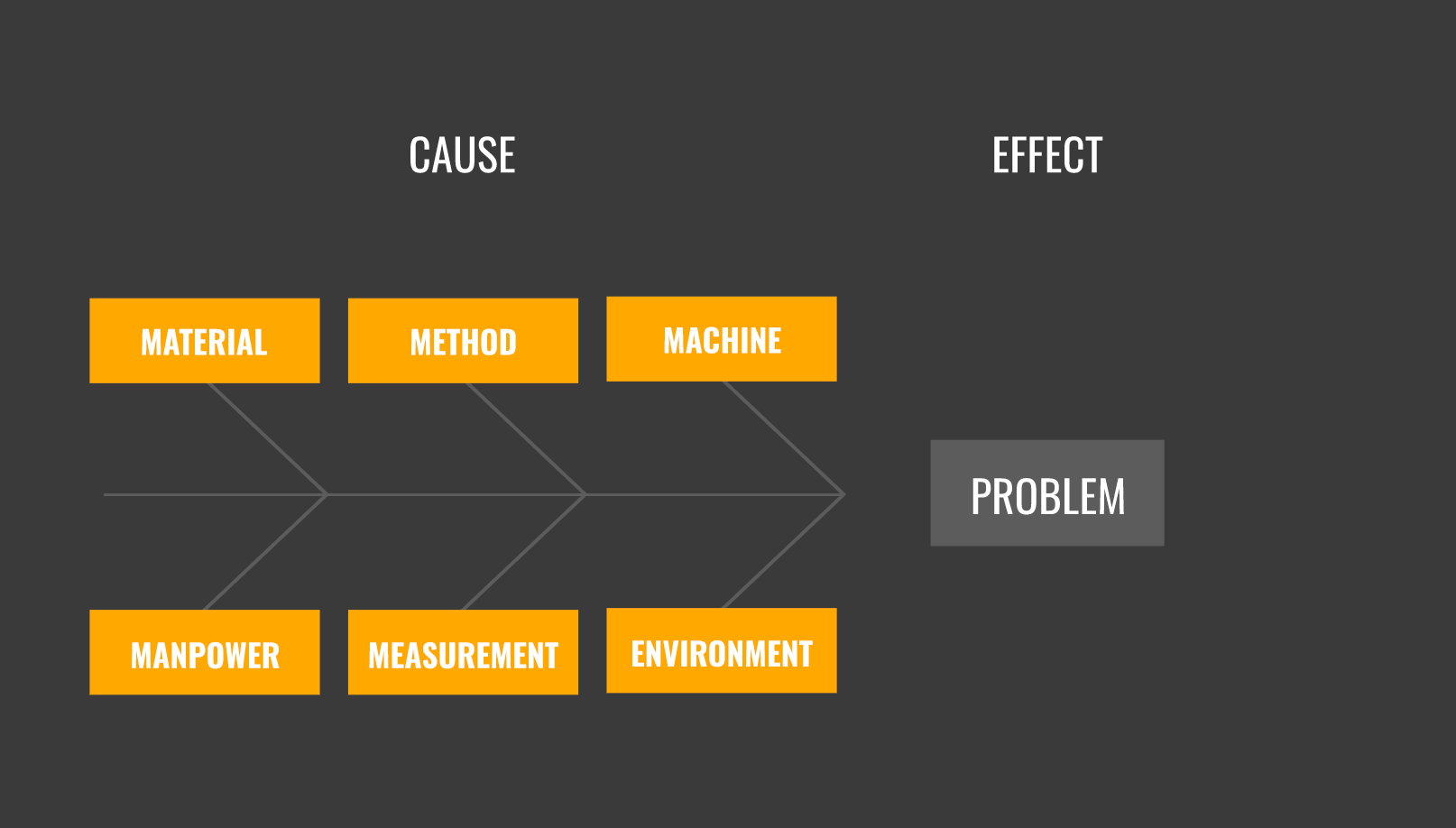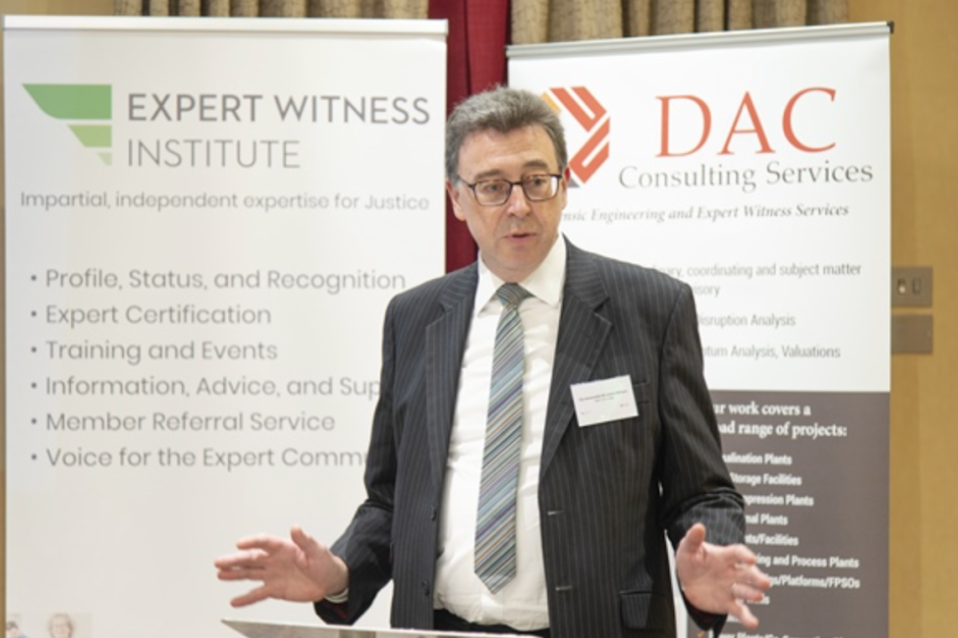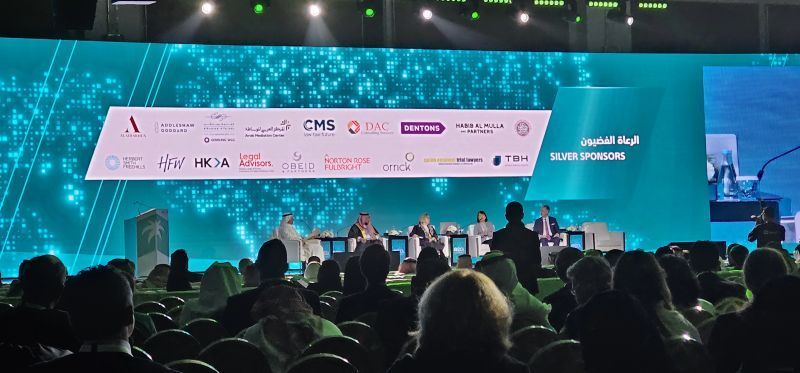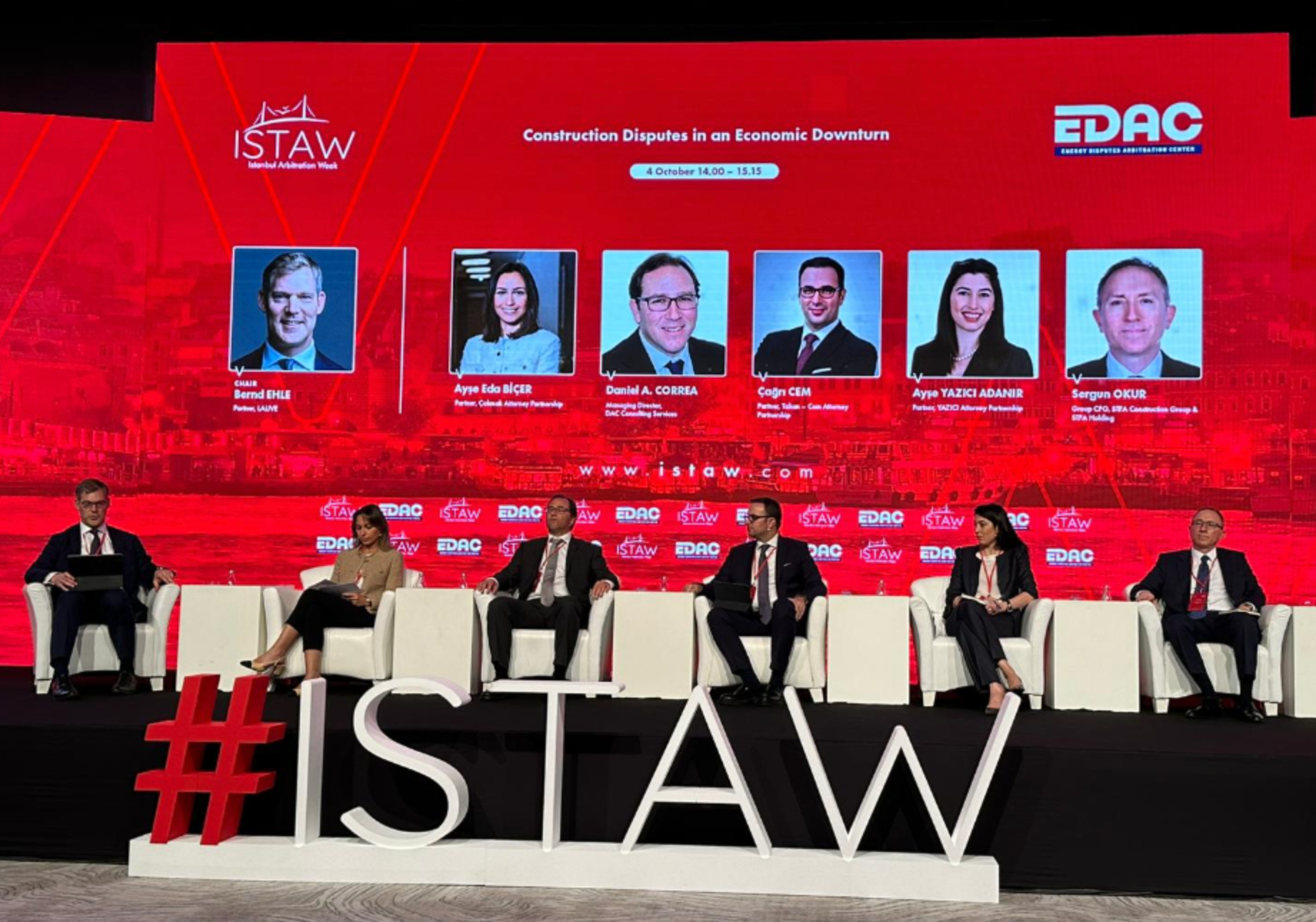
Forensic Engineering and Technical Experts
DAC Experts are appointed to provide an in depth technical study of different claims and disputes worldwide. Our services support both the Insurance Claims Industry as well as the legal market, including litigation and alternative dispute resolution (what we call Dispute Advisory Services).
Forensic Engineering and Technical Experts
DAC Experts are appointed to provide an in depth technical study of different claims and disputes worldwide. Our services support both the Insurance Claims Industry as well as the legal market, including litigation and alternative dispute resolution (what we call Dispute Advisory Services).
Our Experts have been appointed in some of the most challenging claims and construction disputes around the World, and have been cross examined in High Court litigation and alternative dispute resolution (ADR – arbitration, mediation and adjudication). This includes cases under the Rules of the ICC, UNCITRAL, LCIA, DIFC, SIAC, and others.
Our work covers a broad range of projects:
- Geothermal Plants
- Infrastructure / Water and Gas Facilities
- FPSOs
- Gas Storage Facilities
- Gas Compression Plants
- LNG Plants / Facilities
- Manufacturing and Process Plants
- Oil and Gas Rigs / Platforms
- Pipelines
- Power Plants / Co-Generation Plants
- Recycling Plants
- Refineries
- Shipping (New-build and conversion)
- Solar Power Plants
- Steel Manufacturing Plants
- Waste and Water Treatment Facilities
- Onshore wells
- Waste to Energy Plants
- Wind Farms

According to the American Society of Civil Engineers:
“Forensic engineering is the application of engineering principles to the investigation of failures or other performance problems. Forensic engineering also involves testimony on the findings of these investigations before a court of law”
Given the importance of the word “forensic”, we at DAC continuously train and support our Experts in the correct applicability of the scientific method (when applicable), combined with a stepped approach in order to assess the different variables and hypothesis that could have generated or contributed towards a claimed failure.
The true form of a forensic investigation on equipment damage, for example, follows a detailed Root Cause Analysis (RCA). There are many methods available to perform an RCA, and its selection depends on the type of damage, industry, location, and time availability. For example, we have the fishbone analysis (the Ishikawa Diagram), which follows a general model:
Due to our Global presence, our Experts can support our clients in a multidisciplinary fashion, represented by core engineering disciplines such as: Mechanical, Electrical, Chemical/Process, Civil, and Materials Science. In certain occasions, our Clients wish to retain us as Coordinating Experts, and instruct us to prepare single reports that contain the input from different disciplines (including for example the whole gamma of Delay, Quantum and Technical expertise). We also, on some occasions, collaborate with external companies in order to support our Clients.
The core competences of our technical services have been enhanced by the “forensic” way of performing an investigation. This means, the detailed study of the different factors that affect and contribute towards the failure in an intended design or operation of a Plant or Equipment. This failure could then lead to either an insurance claim under a Property Damage coverage (with potential large Business Interruption periods), or a legal dispute dealt through High Court or ADR.
DAC Experts often get involved in various construction disputes which have many technical elements in nature. From a wind farm design to an offshore platform construction, our Experts can provide an independent view on the different issues claimed by the Parties, and help the Court and Arbitral Tribunal in understanding the technical complexities of a case so that a decision can be made with the right guidance.
Our Experts have on some occasions been trained by external organisations such as Bond Solon in the UK, and we also provide in-depth internal material such as case studies, guidance protocols, and many others. They must follow in the UK, for example, the Civil Procedure Rules (CPR 35) for report writing and in giving evidence.
We highly recommend our Clients to instruct us early in the process, so that our Experts can have enough time to go through all the available evidence, present it properly in their reports, and also to have the opportunity to request further information on a timely manner. The key for DAC is to prepare a solid opinion from the First Report. Whilst new information could update certain opinions, the more robust the First Report is, and the more engaged the Expert is with the investigation, the better the outcome of the case and especially the Hearing would be.
Request a Consultation
Simply fill in the form below and one of our experienced team will contact you to discuss your requirement.
Alternatively give us a call today on +44 02071835624
or email us directly
Need Consultation ? No problem.
DAC Consulting Services is a professional consultancy founded in London by a group of senior engineers, project managers, former CEOs, and entrepreneurs with combined technical expertise.

FAQs
Got a question? We’re here to help.
-
DAC offers Engineering Advice?
Yes, DAC also gets involved in Project Development, Project Management, as well as Execution in order to support clients in the different life cycle of projects.
-
DAC works in the Middle East?
Certainly, around 30% of our cases are in the Middle East.
-
DAC counts with Delay and Quantum Experts?
Yes, apart from our technical experts, we count with multiple Delay and Quantum experts worldwide.
-
Have DAC Experts been cross examined in Court or ADR?
Most of them, and those who haven’t yet are being trained internally, and when possible through external organisations such as Bond Solon.
-
Can DAC offer lump sum budgets for investigation?
Yes, this has increasingly become a request from our clients, so we can help them in ascertaining the potential cost of our services.
-
Which office should I contact for any enquiry?
The fastest way to is to write to
London@dac-consultingservices.com, which consolidates all our enquiries worldwide.
News and Articles

DAC Consulting Services is a professional consultancy founded in London by a group of senior engineers, project managers, former CEOs, and entrepreneurs with combined technical expertise required to support international markets.
Useful Links
Useful Links
Get in Touch
All Rights Reserved | DAC Consulting Services






















